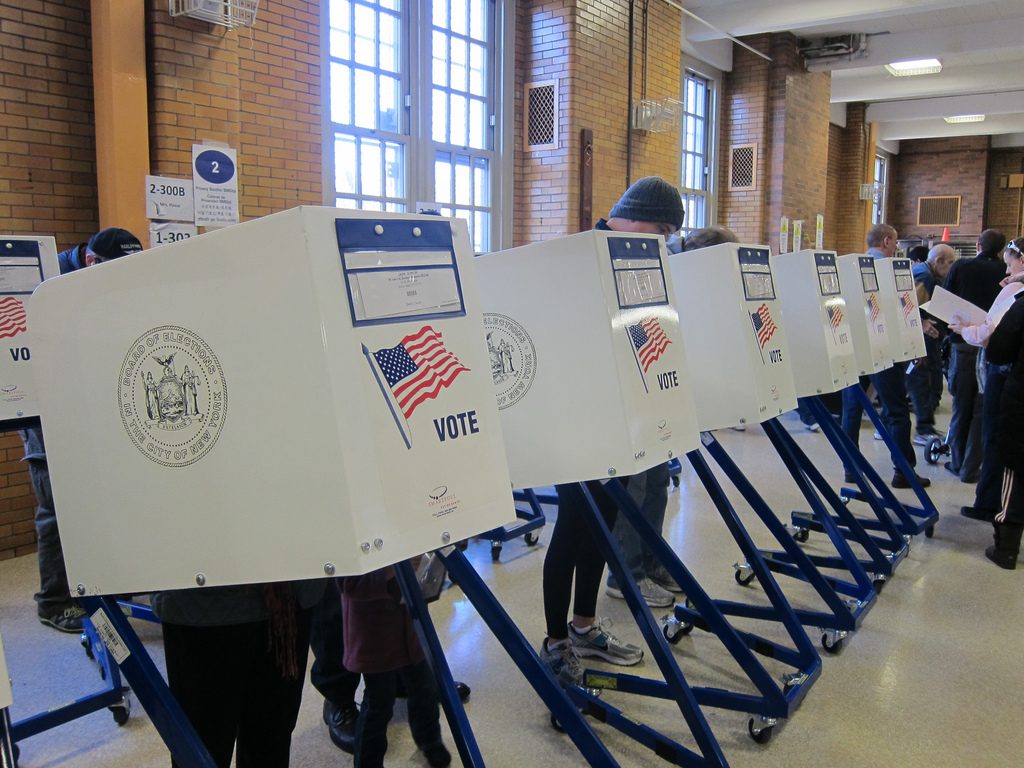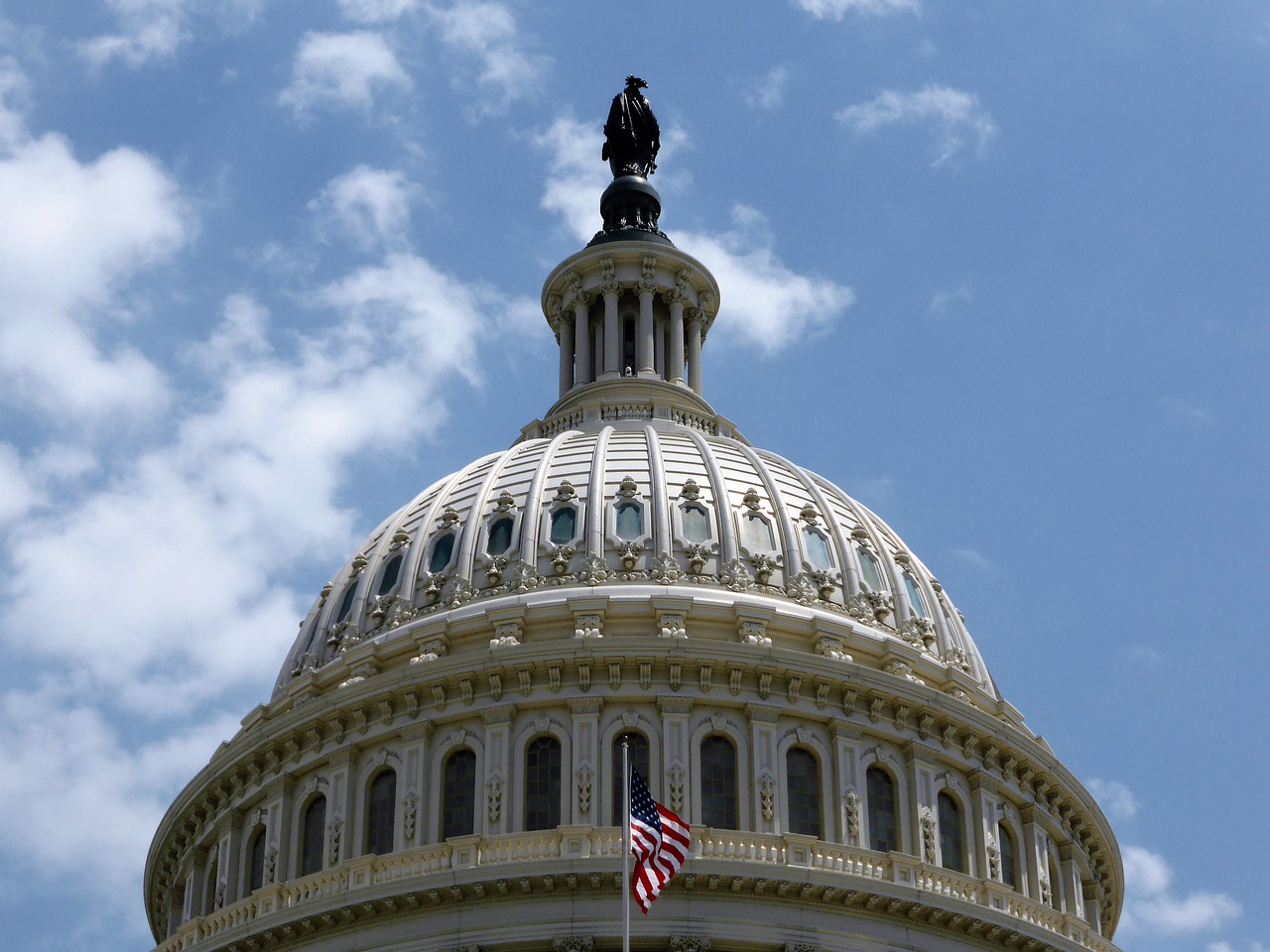Morgan Stanley Investment Banking Executive Forming a New Third Political Party
An investment banking executive in New York City is creating a new political party due to hyperpartisan duopoly and dysfunction between the two main political parties, the conservative Republicans and the liberal Democrats. Founded by Eric Grossman, the 51-year-old executive vice president and chief legal officer of Morgan Stanley, the Serve America Movement or SAM aims to bring together pragmatic voters and supporters with common and unifying goals to improve the country. The apparent centrist political party focuses on entrepreneurship, free enterprise, free markets, free trade, criminal justice reform, and private-public efforts to expand affordable and accessible healthcare as well as securing civil liberties, immigration reform, and free and fair democratic processes. SAM has so far raised more than $1.3 million from various private sector executives who have donated hundreds of thousands of dollars in donations.
While SAM, as of now, may appear to be a partisan startup against the traditional two-party system, the growth and creation of current as well as new third political parties reflect public opinion on the need for an alternative voice in government. According to a recent 2017 Gallup poll, the majority of those surveyed believe a third major party is needed in the political system, including 77% of self-identified independents, 52% of Democrats, and 49% of Republicans. Another recent 2017 poll conducted by both NBC News and GenForward has shown that more than 70% of young people between the ages of 18 to 35 want a new major third party. The three largest third parties in the United States of America are the classical liberal Libertarian Party, the leftist Green Party, and the paleoconservative Constitution Party.
In the developed world throughout North America and Europe, major third parties have recently or always taken shape. In Canada, the liberal Green Party, the social democratic New Democratic Party, and the nationalist Bloc Quebecois have historically been alternatives to the North American country’s two main ruling parties, the Liberals and the Conservatives. In France, political parties such as the far-right National Front, the far-left La France Insoumise, and the liberal-centrist En Marche recently disrupted the dominance of the Republicans and the Socialists in the 2017 French elections. In Spain, the centrist Citizens party and the leftist Podemos party have made strides in recent years against the conservative Popular Party and the social democratic Spanish Socialist Workers’ Party.




